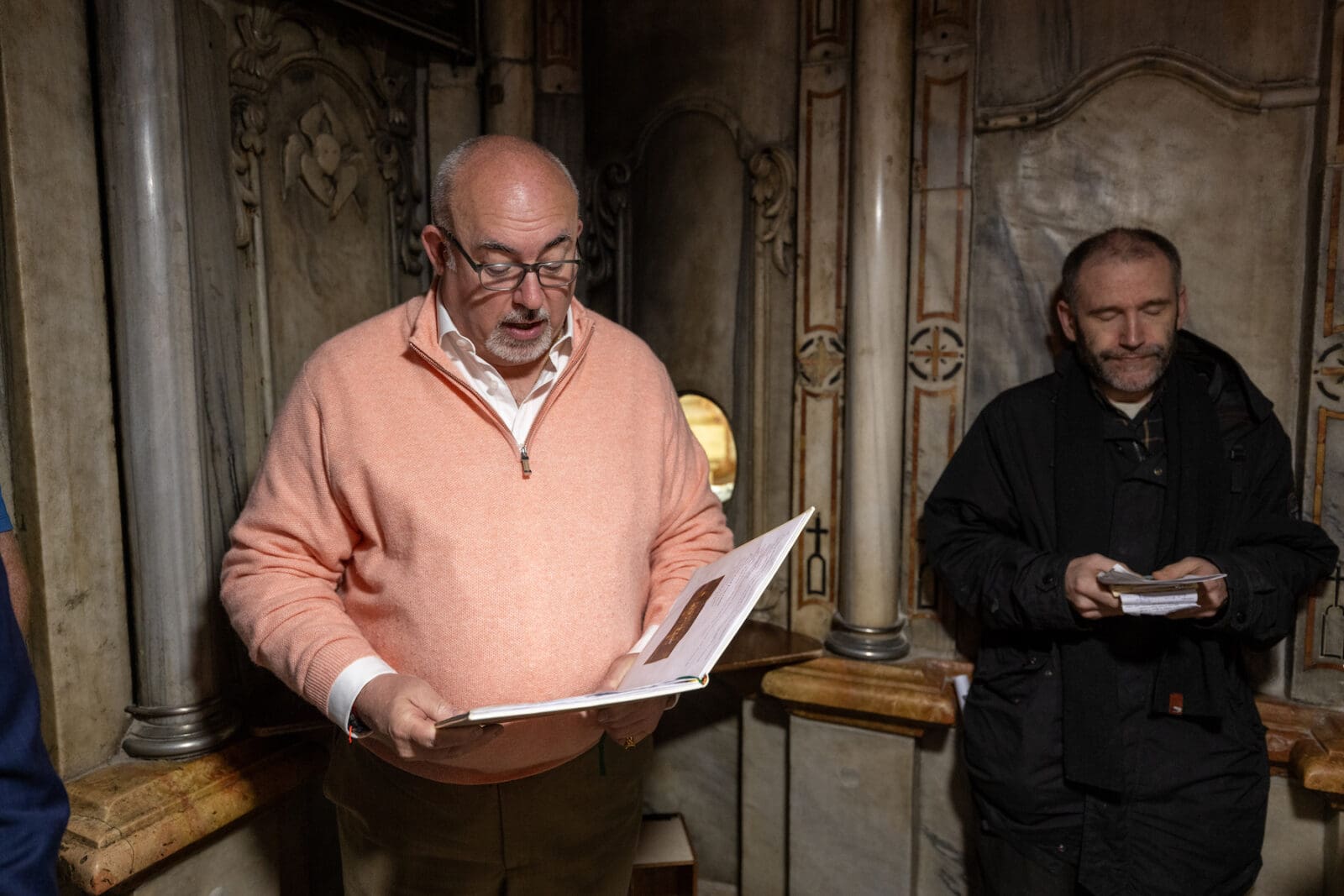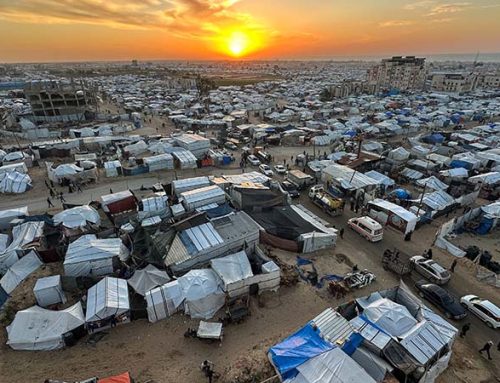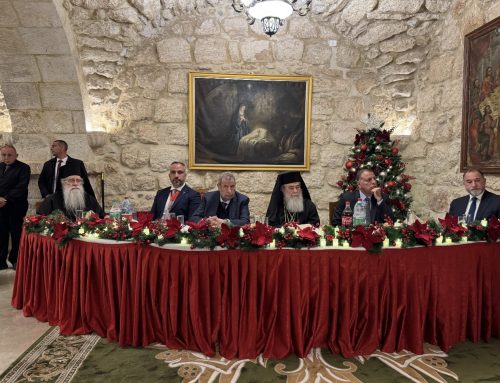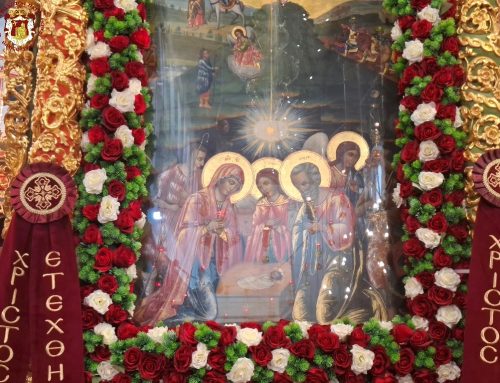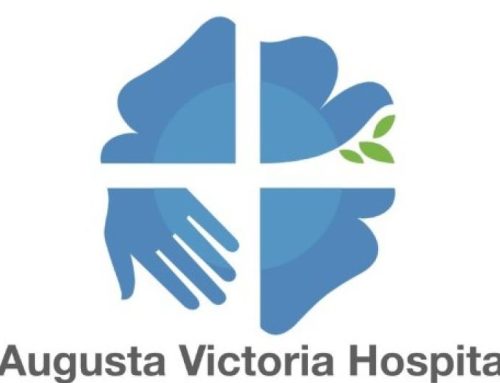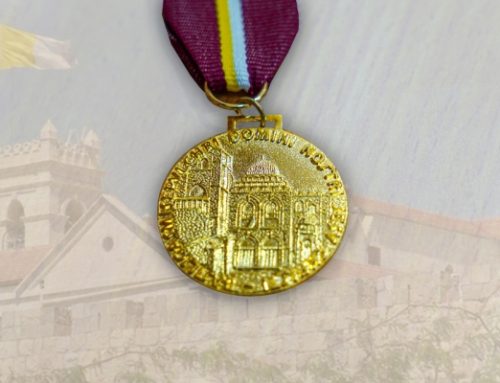Nothing prepared me for the booms that shook the building and bounced me out of bed. I had been sleeping in my room at the Notre Dame of Jerusalem Center, a stone’s throw from the Old City’s New Gate, oblivious to the fire power expected from Iran that night. But the alarms that followed a few minutes after the sound of exploding artillery shells bolted me from my room and into the lobby.
Notre Dame has survived artillery shells in the past, and it stood resolute that clear night in April as Israel’s vaunted Iron Dome neutralised Iran’s drones and missiles – albeit with the assistance of the US and the UK. I was in Jerusalem as part of a delegation led by the Archbishop of New York, Cardinal Timothy Dolan; we took shelter in the empty cellars.
Cardinal Dolan’s pastoral role, shepherding more than 2.5 million Catholics in 10 counties of New York, also includes leading local, national and international Church initiatives. One is the Catholic Near East Welfare Association (CNEWA), which successive archbishops of New York have chaired ex officio after the Holy See reorganised its governance in 1931.
We were in Israel and Palestine to mark the 75th anniversary of the Pontifical Mission for Palestine, CNEWA’s operating agency in the Middle East. Moved by the dispossession of more than 750,000 Palestinians from their homes during the 1948 Arab-Israeli War, Pope Pius XII established the Pontifical Mission to coordinate worldwide Catholic aid.
For two decades, two Ladies of the Grail, Helen Breen and Carol Hunnybun, ran the CNEWA efforts in Jerusalem. They were recruited to “come out for a year and help with the work of Pontifical Mission”, Carol told me in 1994, “and after that have the option to do [our] own thing.” “In the event,” she said with a laugh, “we were with Pontifical Mission for nearly 20 years; and we became known as ‘the girls’.”
The Middle East has suffered decades of civil and military strife, political convulsions and socio-economic collapse, impacting generations of Israelis and Palestinians, Iraqis and Jordanians, Lebanese and Syrians. Subsequently, the successors of Pius XII extended the reach and scope of the Pontifical Mission to provide humanitarian assistance to the most vulnerable throughout the region, regardless of their ethnicity, national origin or religious identity.
“Need, not creed, was our yardstick,” Carol added, “and Pontifical Mission would have nothing to do with Catholic cows and Catholic meadows producing purely Catholic milk.”
Our delegation later began the tortuous process of planning our return trip home. Surely, we reasoned, our pastoral visit could not continue. We were wrong. The day after the fireworks, we gathered in the front of the Center – an extraterritorial property of the Holy See ably administered by Fr David Steffy LC – and watched Jerusalem carry on with the business of life. The bells rang for Sunday Mass at the Franciscan parish church of St Saviour; the trams, filled to the brim with passengers, glided along the road separating the Old City from the new.
And so, Cardinal Dolan reasoned, we, too, would carry on. We travelled to the Palestinian Christian town of Beit Jala, a suburb of Bethlehem, where he celebrated Sunday Mass at the Latin Parish of the Annunciation. “These are days of distress and difficulty for you,” he said in his homily to a packed congregation.
“You have every reason to be afraid and to be sad. But when we walked into this church this morning,” he said, his voice picking up with urgency, feeling and volume, “I did not see fear. I did not see sadness. I heard you sing Alleluia! I saw you smile. I saw your eyes welcoming us and that, my friends, gives us hope. And for that, I say, thank you.”
Much of our time was spent with the Holy Land’s beleaguered Christian community, a minority with a disproportionate influence on the fabric of Israeli and Palestinian society. More than a third of all Palestinians, church leaders point out, avail themselves of the social services offered by the churches, such as mother-and-child care, career courses for women, psychosocial counselling, housing initiatives for the elderly, as well as healthcare and formal educational programmes. Most of these initiatives, the cardinal noted, receive support from the Pontifical Mission.
“We look at you as partners,” Cardinal Dolan told the priests, religious and lay representatives of the organisations that have partnered with CNEWA’s Pontifical Mission teams in Jerusalem, Amman and Beirut since its beginning, at a Mass of Thanksgiving on 13 April at Notre Dame.
“We look to you as members of our family. It’s always been part of the charism of Pontifical Mission and Catholic Near East Welfare Association that we look upon our efforts, not doing something for you, not doing something to you, but doing something with you. With you, together. Together we are.”
By Michael J.L. La Civita | cnewa

